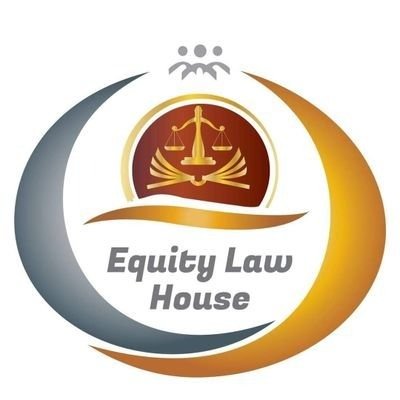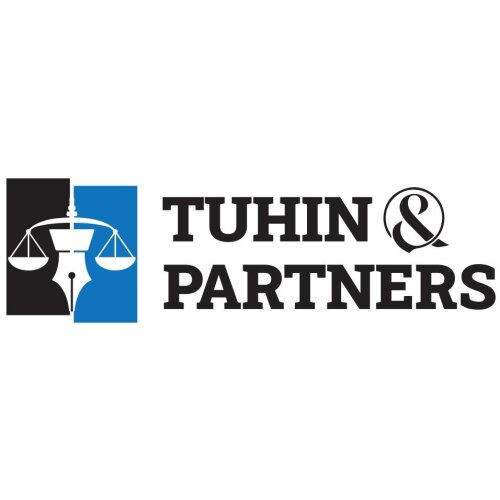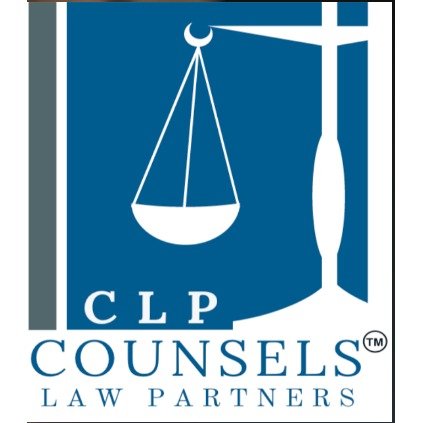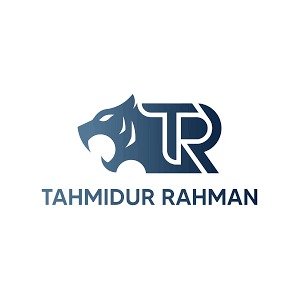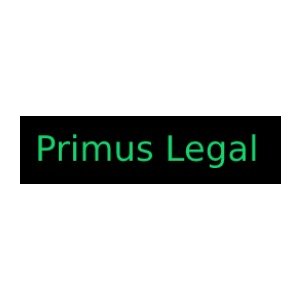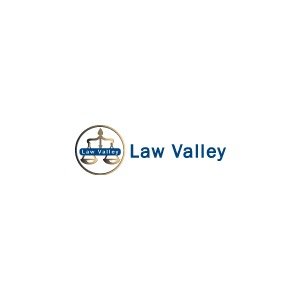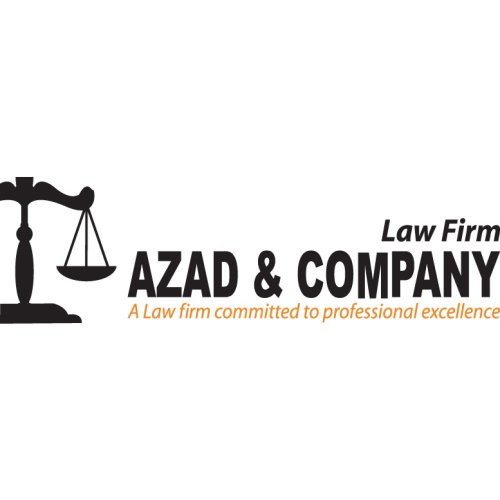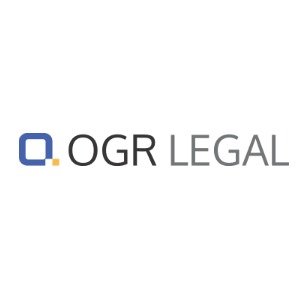Best Structured Finance Lawyers in Dhaka
Share your needs with us, get contacted by law firms.
Free. Takes 2 min.
List of the best lawyers in Dhaka, Bangladesh
About Structured Finance Law in Dhaka, Bangladesh
Structured Finance is a complex area of law focused on the creation, management, and regulation of advanced financing solutions, primarily for larger corporations, banks, and investment entities. In Dhaka, Bangladesh, Structured Finance involves activities such as securitization, asset-backed securities, collateralized debt obligations, and syndicated loans. The law governing Structured Finance is designed to ensure transparency, mitigate risk, and promote robust financial markets. Local financial institutions, international investors, and businesses often engage in Structured Finance transactions for raising capital and managing large-scale financial operations.
Why You May Need a Lawyer
Legal assistance is essential in Structured Finance due to the intricate nature of these financial products and the regulatory landscape. Here are some common situations where you may require a lawyer:
- If your organization is structuring a complex financing deal or securitization arrangement
- When you need to ensure compliance with the Bangladesh Securities and Exchange Commission (BSEC) guidelines and other regulations
- For drafting or reviewing syndicated loan agreements, trust deeds, or security documentation
- During negotiations with banks, investors, or foreign lenders
- If you are an investor seeking to understand the risks and protections associated with structured finance investments
- For resolving disputes or litigation arising from structured finance transactions
- If your business requires cross-border financing in compliance with both Bangladeshi and international law
Local Laws Overview
The legal framework for Structured Finance in Dhaka, Bangladesh is primarily influenced by several statutes and regulatory bodies. Key aspects of local laws include:
- Securities and Exchange Ordinance, 1969 - Governs the issuance and trading of securities, including asset-backed and mortgage-backed securities
- Bank Companies Act, 1991 - Regulates banks and bank-led financial transactions, which often form the foundation of structured finance deals
- Bangladesh Bank Regulations - Sets out the guidelines for lending, risk management, and capital adequacy, particularly important for syndicated and secured loans
- Foreign Exchange Regulation Act, 1947 - Controls cross-border structured finance and the movement of foreign capital
- Debenture and Trust Deed Rules - Provides the legal basis for issuing debentures, creating trusts, and appointing trustees in securitization
- Bangladesh Securities and Exchange Commission (BSEC) - The main regulatory authority overseeing compliance, disclosure, and investor protection in all securities-related structured finance transactions
Understanding and navigating these laws is critical to avoid regulatory penalties and to structure a deal that is both compliant and effective.
Frequently Asked Questions
What is structured finance and how does it differ from traditional finance?
Structured finance refers to complex financial instruments and transactions which are customized to meet specific needs, such as securitizations and syndicated loans. Unlike traditional loans or bonds, structured finance involves pooling assets and risk mitigation to create new investment opportunities.
Is securitization permitted in Bangladesh?
Yes, securitization is allowed and regulated in Bangladesh, especially for assets like mortgages, receivables, and other debt instruments. It must comply with local laws, regulations from BSEC, and relevant banking legislation.
Who regulates structured finance transactions in Dhaka?
The Bangladesh Securities and Exchange Commission (BSEC) is the main regulatory body overseeing structured finance involving securities, while Bangladesh Bank oversees banking-related elements.
Can foreign investors participate in structured finance deals?
Foreign investors are permitted to participate, but such transactions require compliance with the Foreign Exchange Regulation Act and approval from relevant authorities, especially for cross-border transactions.
What are typical documents involved in a structured finance deal?
Key documents include information memorandums, trust deeds, security documents, investor agreements, asset transfer agreements, and disclosure statements as required by law.
What risks should be considered in structured finance?
Risks include credit risk, legal risk, regulatory compliance risk, operational risk, and market risk. Proper due diligence and legal review are vital to mitigate these risks.
What role do lawyers play in structured finance?
Lawyers guide parties in structuring deals, ensuring regulatory compliance, drafting and reviewing documents, negotiating terms, and representing clients in disputes.
Are there tax implications in structured finance transactions?
Yes, structured finance transactions may have significant tax consequences, including withholding taxes, VAT, and stamp duties. Legal and tax advice is recommended.
How are disputes typically resolved in structured finance agreements?
Disputes may be resolved through negotiation, mediation, arbitration, or litigation, depending on the terms stated in the agreement and local laws.
Do I need approval from authorities for a structured finance deal?
Most structured finance transactions require notification or approval from regulatory bodies such as BSEC or Bangladesh Bank, especially when involving public offerings or cross-border deals.
Additional Resources
The following institutions and organizations can provide further information and assistance regarding structured finance in Dhaka, Bangladesh:
- Bangladesh Securities and Exchange Commission (BSEC)
- Bangladesh Bank
- Dhaka Stock Exchange
- Registrar of Joint Stock Companies and Firms (RJSC)
- Bangladesh Investment Development Authority (BIDA)
- Legal aid organizations specializing in financial and business law
- Reputable local law firms with financial law practice groups
Next Steps
If you require legal support for a structured finance matter in Dhaka, Bangladesh, consider these steps:
- Identify and clarify your objectives and the details of your proposed transaction
- Gather all relevant documents and information related to your assets, finances, or transaction partners
- Contact a law firm or a financial legal specialist with proven experience in structured finance
- Schedule a consultation to discuss your situation and receive a preliminary assessment
- Work with your lawyer to devise an effective strategy for compliance, risk management, and achieving your desired financial objective
- Stay informed about regulatory updates and ongoing obligations under Bangladeshi law
Professional legal advice is crucial to successfully navigating the complexities of structured finance in Dhaka. A legal expert will help you manage risk, comply with regulations, and structure deals that serve your best interests.
Lawzana helps you find the best lawyers and law firms in Dhaka through a curated and pre-screened list of qualified legal professionals. Our platform offers rankings and detailed profiles of attorneys and law firms, allowing you to compare based on practice areas, including Structured Finance, experience, and client feedback.
Each profile includes a description of the firm's areas of practice, client reviews, team members and partners, year of establishment, spoken languages, office locations, contact information, social media presence, and any published articles or resources. Most firms on our platform speak English and are experienced in both local and international legal matters.
Get a quote from top-rated law firms in Dhaka, Bangladesh — quickly, securely, and without unnecessary hassle.
Disclaimer:
The information provided on this page is for general informational purposes only and does not constitute legal advice. While we strive to ensure the accuracy and relevance of the content, legal information may change over time, and interpretations of the law can vary. You should always consult with a qualified legal professional for advice specific to your situation.
We disclaim all liability for actions taken or not taken based on the content of this page. If you believe any information is incorrect or outdated, please contact us, and we will review and update it where appropriate.




